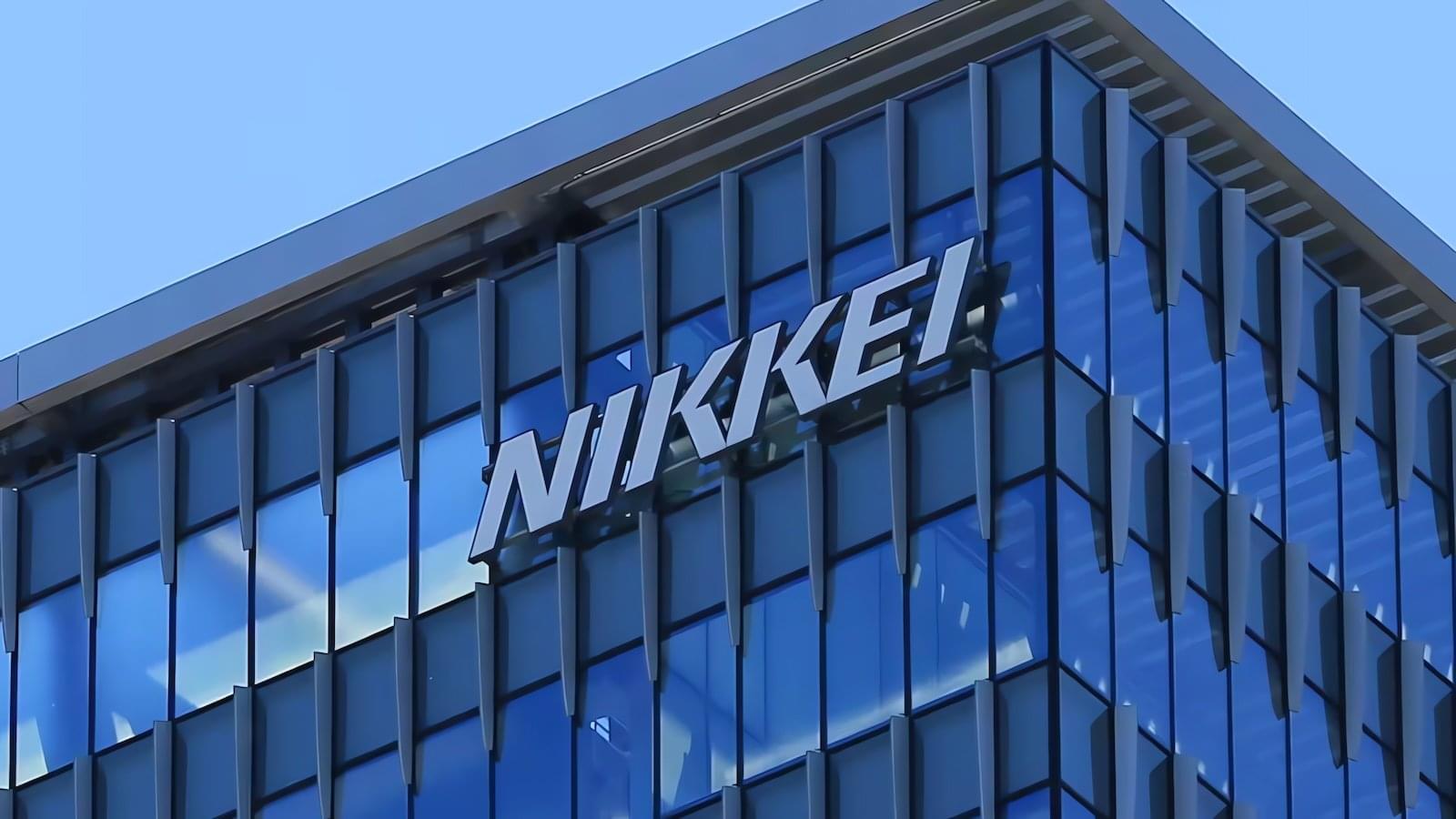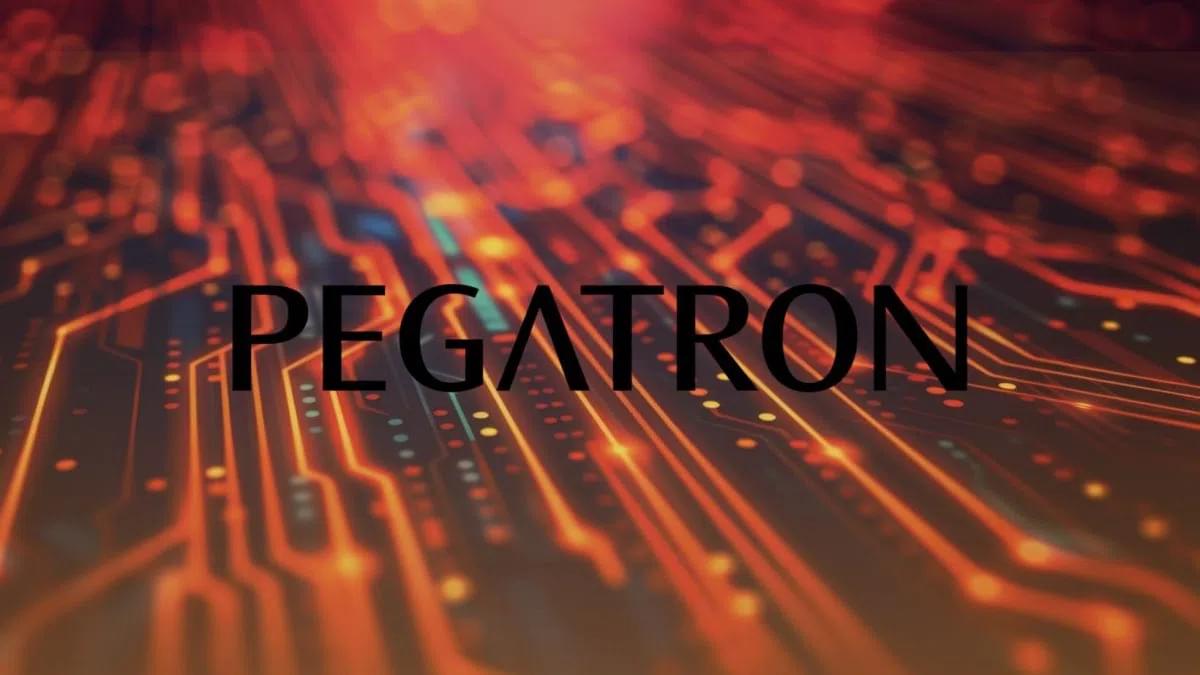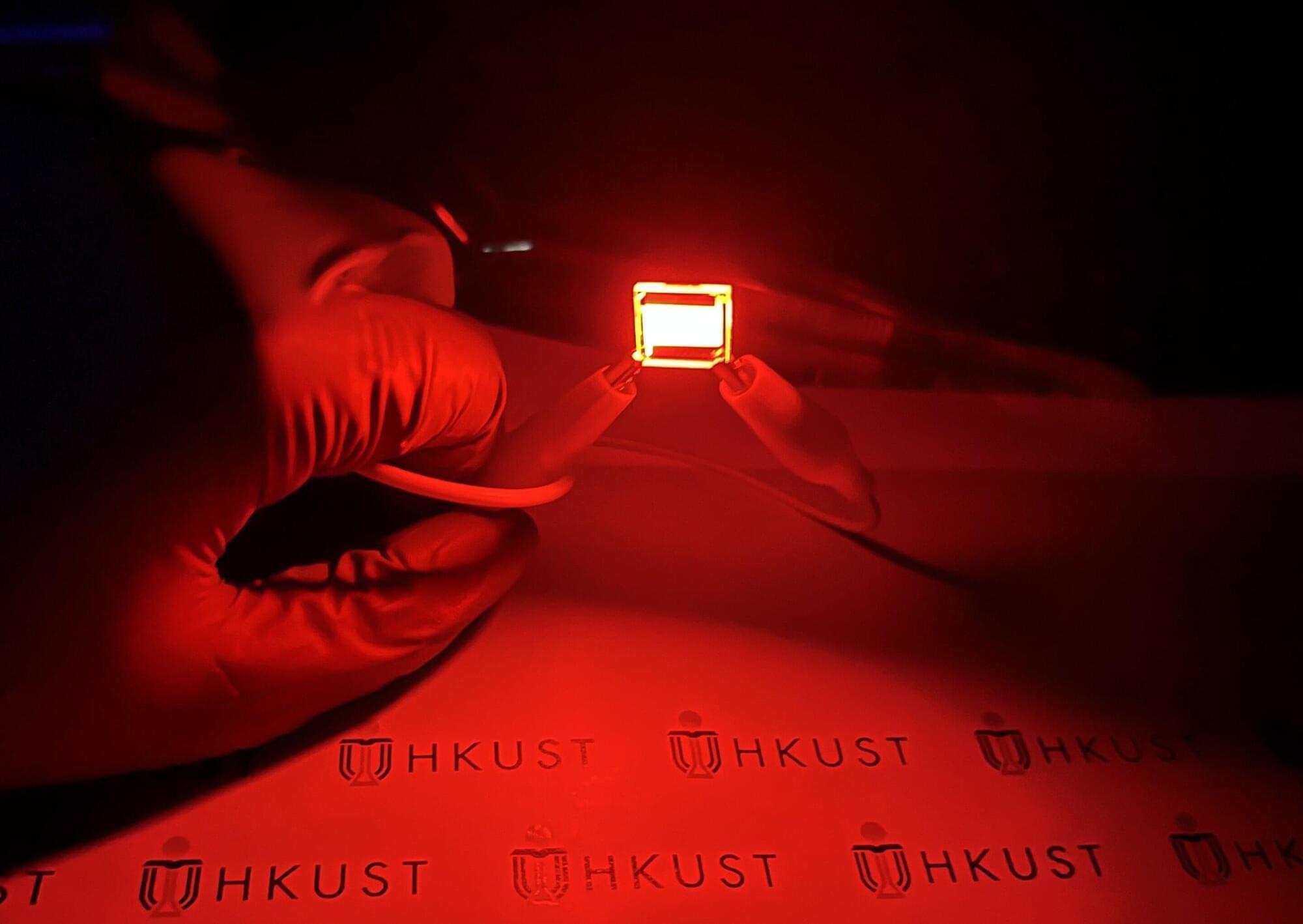A research team led by the School of Engineering of The Hong Kong University of Science and Technology (HKUST) has made significant advances in quantum rod light-emitting diodes (QR-LEDs), setting record-high efficiency level for red QR-LEDs. This innovation is poised to revolutionize next-generation display and lighting technologies, offering smartphone and television users a vibrant and enhanced visual experience. The research is published in the journal Advanced Materials.
LEDs have been widely used in electronic products for decades. Recent developments in quantum materials have given rise to quantum dot LEDs (QD-LEDs) and QR-LEDs. QD-LEDs offer superior color purity (color vividness) and higher brightness compared to current mainstream LEDs. However, outcoupling efficiency has now become the primary obstacle, as it sets a fundamental ceiling for external quantum efficiency (EQE), thereby hindering any further performance improvements.
Quantum rods, on which QR-LEDs are based, are a type of elongated anisotropic nanocrystals with unique optical properties that can be engineered to optimize the light emission direction and ultimately improve outcoupling efficiency. However, QR-LEDs encounter two significant technical challenges: first, the ratio of emitted to absorbed photons (photoluminescence quantum yield) is relatively low after the material absorbs photons; second, there is a substantial leakage current due to poor thin-film quality.







